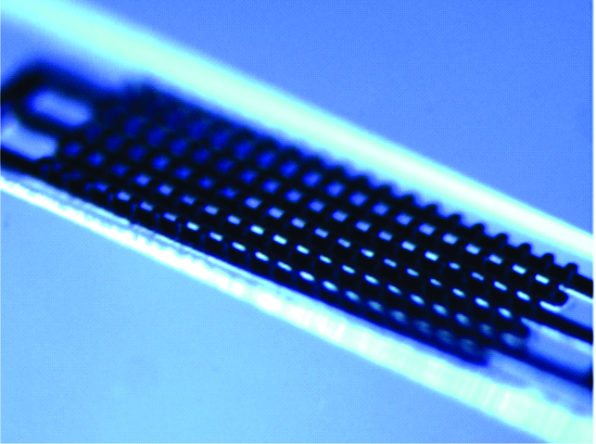The emerging area of microfabricated lab-on-a-chip systems has been developing an increasing number of microfluidic devices for biomedical applications, many of which transport micro-particles such as living cells or polymer microspheres through their tiny flow channels. Examples include drug-laden particles used as drug carriers for advanced drug delivery and functionalized micro-particles to perform immunoassays in microfluidic devices. Our research is focusing on different aspects of micro-particle transport and deposition in microfluidic environments:
The functionality of particle based microfluidic devices is challenged by the deposition of particles on the microchannel walls; excessive particle deposition can lead to channel blockage and device failure. Although particle deposition is a key obstacle in the development of reliable particle based microfluidic devices, the current understanding of the particle capture in these devices is limited. As a first step towards a better understanding, we investigate the deposition of a single layer of particles to microfluidic substrates experimentally. We measure initial particle deposition rates in a controlled environment and compare these measurements to theoretical predictions.
